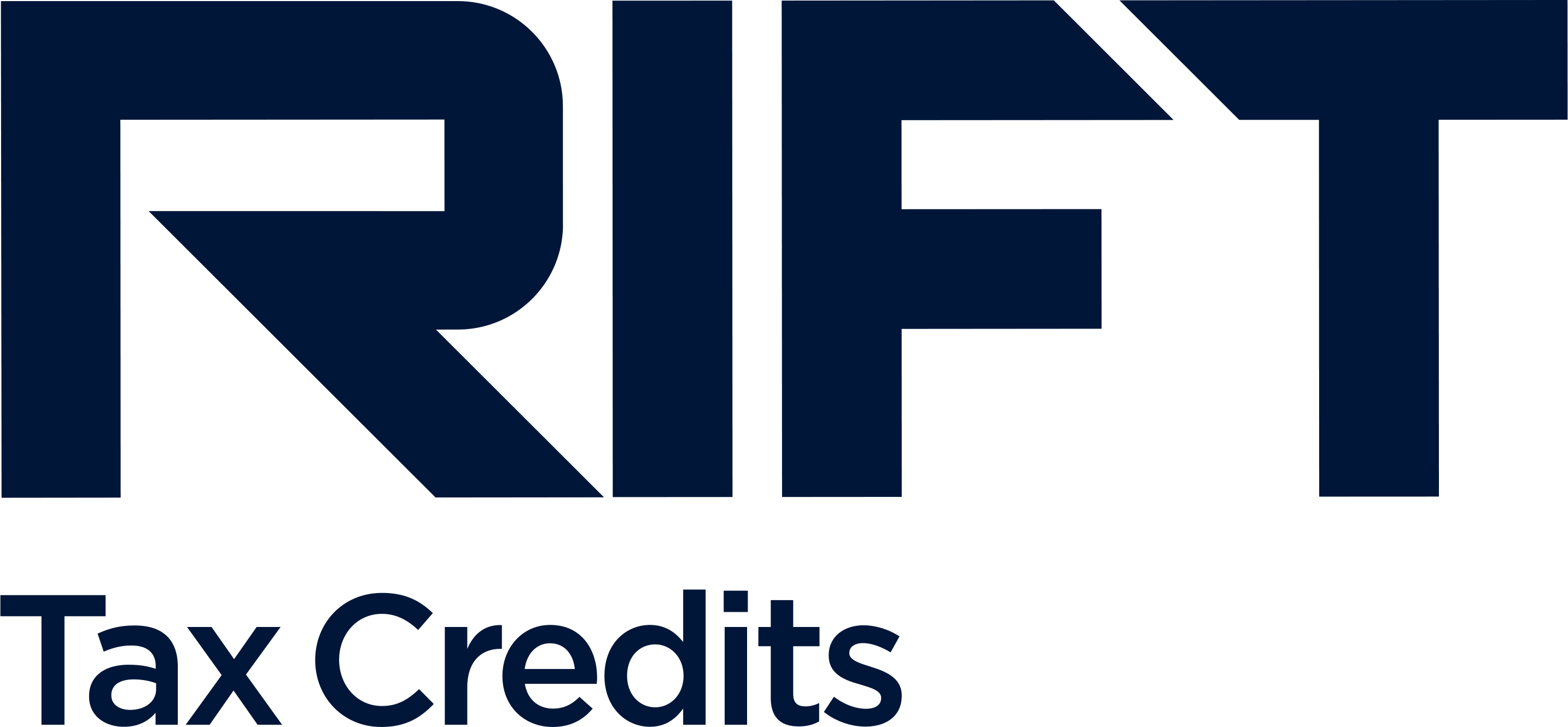It its core, R&D Grant Funding is a government scheme designed to support the development of competitive new products, processes and services. A standard project using the scheme might typically run between 6 months and 3 years, with grants funding up to 70% of the costs involved. R&D always involves an element of risk, but a cash boost at a critical time can do a lot to make the work you're doing safer and more effective. Grant Funding avoids some of the major pitfalls of other financing options as well, like giving up equity in your business.
Where does the funding come from?
The funding comes from both British and European sources. The UK's innovation agency, appropriately named “Innovate UK”, is sponsored by the Department for Business, Energy and Industrial Strategy. So far, Innovate UK has pumped out over £12 billion into promoting innovation since 2004, with tens of thousands seeing the benefit. In the 20/21 tax year, Innovate UK funded over £885 million alone.
Looking ahead, the government's numbers are equally impressive:
- A £39.8 billion R&D budget for 2022 to 2025, as announced by Rishi Sunak in his 2022 Spring budget.
- This is to support the commitment of ensuring that R&D spending hits 2.4% of GDP by 2027.
- £400 million is being pumped into venture capital funds through the British Business Bank, unlocking £1 billion in finance.
What sectors are eligible for grant funding?
Innovate UK's activities tend to centre around four main sectors, broadly comprising:
- Emergent technologies
- Health/Life sciences
- Infrastructure systems
- Manufacturing/Materials
These are just general statements of priority, though, not specific limitations on eligibility. Their support has two basic “streams” to it, one to help fund feasibility studies and another for experimental development projects. The help you can get depends on the size of your business and what you're doing:
- Feasibility studies can get up to 70% of eligible costs back for small businesses, or 60% for medium-sized firms.
- Experimental development can net small businesses up to 45% of project costs. Medium-sized ones can get 35%.
Moving on to Europe, Horizon Europe is dedicated to supporting R&D through a grant pot of €95.5 billion. It's not limited to SMEs, so businesses of any size can be eligible for funding. Right now, the UK's departure from the European Union isn't going to be an obstacle to British companies, either. In fact, non-EU states like Norway, Switzerland and Turkey are already involved in the Horizon project.
Like Innovate UK, Horizon grants are divided into two streams, one for feasibility (risk assessment, market studies and so on) and the other for innovation development (prototyping, performance verification, etc.). Here's what you can get for each kind of project:
- Feasibility assessment: €50,000 per qualifying project.
- Innovation development: typically €500,000 - €2.5 million+, up to 70% of costs in most cases. Certain exceptional projects could even get up to 100%.
Another European Grant Funding option for SMEs comes from Eureka Eurostars. For UK businesses, you can only qualify for this if you're doing research. They're interested in supporting international collaborative R&D projects, with up to 60% of your eligible costs funded up to €360,000 per UK partner.
How you access the R&D Grant Funding that's out there can vary. Some are open for applications all year round, while others have deadlines to hit. Actually getting your application in can be complicated, with a fair amount of information needed to support it. You might have to explain the business opportunity you've identified, analyse the risks you'll be facing and so on. The work and time involved alone might be enough to have you questioning whether it's worth the effort. However, putting the time and thought in will set you up in a much better position with a much stronger bid.
Applying for a grant
Applying for a grant can be a time-consuming and daunting task, with no guarantee of a reward at the end of it. But if you follow a structure and set out a clear vision, it makes the operation much more streamlined.
The general process most grants tend to go along with is as follows:
- Review the grant criteria and assess your businesses eligibility
- Submit an expression of interest form (also known as an outline proposal)
- If successful, submit your full application.
- An expert panel will review your full application to make a decision
- You will be told if you are successful in your application or not.
Depending on the amount of money on offer, some grant applications can take over 12 months before any financial pay-out is received, while other can be reviewed and paid within just a few months.

How could RIFT Research help?
We know what a crucial role cashflow plays in keeping a business moving forward and building momentum. Because of this, RIFT is always keen to support business innovators, helping them get the grant funding and tax relief their work deserves. A large part of our ethos is bringing people together, to ensure that all of our clients have the experts to call upon when required, whatever their needs may be.
As a result, we have joined forces with some of the leading experts in grant funding, to help you make informed and accurate decisions every step of the way. Whether you need help with finding the right grant for your goals, or writing a stellar grant application, you can help increase your chances of success through RIFT.
Further to this, RIFT can help you assess what affect potential grant funding can have on your business from an R&D perspective, as well as how it can help drive innovation and future tax relief in the years to come.
Get help claiming R&D tax creditsGet credit for your business innovation with research and development tax credits claim assistance from RIFT. Find out more about types of HMRC R&D tax credits, deep dive into the world of business innovation with our insights, or contact RIFT R&D today to find out how we can maximise your benefits.

